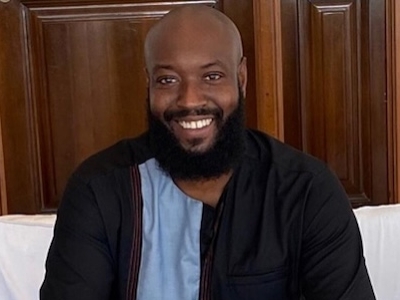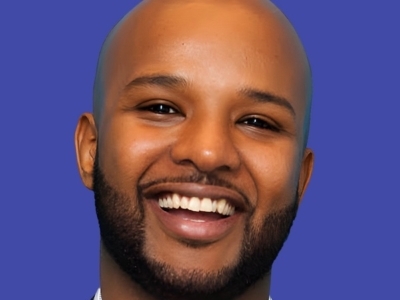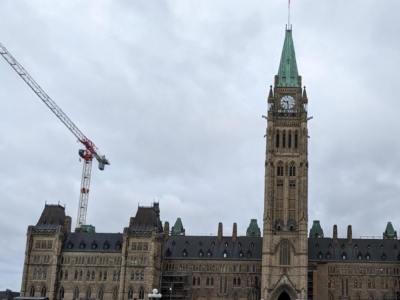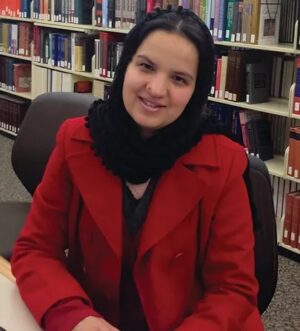
Najia Nasim is the former executive director of Women for Afghan Women (WAW).
Najia Nasim, the former executive director of Women for Afghan Women (WAW), spoke to PANL Perspectives about her work with communities in Afghanistan and the US and what Canadian organizations could do to help with changes in Afghanistan. WAW is an organization that expanded in two decades from a small group of volunteers into the largest Afghan women’s rights organization in the world. Nasim studies Economics at Carleton University.
Question: What are some of the successes of Women for Afghan Women?
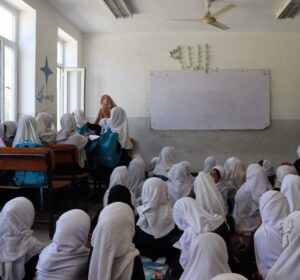
Before August 2021, Women for Afghan Women worked with Afghanistan’s Ministry of Education to provide women and girls with education programs.
Najia Nasim: I worked with the organization for 10 years, managing more than 1,200 staff and providing 24/7 services to clients through dozens of family-guidance centres, women’s shelters, and children’s support centres during a high-risk period in Afghanistan. There were many challenges running the operations, particularly in providing direct legal services for women and girls who were victims of domestic violence
In spite of the challenges, the organization expanded from one province to more than 20. In Afghanistan, changing the lives of thousands of women through legal services, changing the lives of hundreds of children whose mothers were incarcerated, and being a strong advocate to influence laws and regulations concerning women are among a long list of successes the organization has had since its establishment.
Something I would highlight as a huge success was the opening of family-guidance centres and women shelters in communities that, in the beginning, were against our organization being present, but who, in the end, supported our services for the women and girls in those communities. That was an important outcome — changing people’s perspectives about the rights of women and issues related to domestic violence. However, all that hard work was severely impacted in August 2021.
In the US, WAW has been providing services to thousands of refugees and newcomers and helping them to transition and integrate in US society .
Q: When the organization worked with women in 20 provinces, did the work expand to families, to communities?
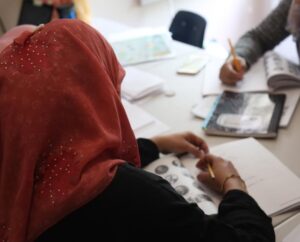
Once, in a village, the community asked WAW to provide them with a literacy instructor who could teach their women and daughters how to read and write. WAW worked with the Ministry of Education and provide them with a nine-month literacy program.
Najia Nasim: Our strategy was to work not only with clients but also with clients’ families in the communities where they lived. This strategy not only helped clients with better lives but also helped other women who were living in those communities. In addition, community members were provided capacity-building services, including how they could be agents of change within their families and communities.
Later, selected community members were part of designing projects for their communities. For example, once, in a village, the community asked us to provide them with a literacy instructor who could teach their women and daughters how to read and write. The community’s school was very far and therefore, the community offered a space where women could gather and study. WAW worked with the Ministry of Education to set up a nine-month literacy program. By the end of the program, the women were happy, because they could read signs, labels, the names of the places, etc.
As well, our services covered internally displaced people and returnees. To provide quality services to women and girls in the communities, we established a strong coordination system among key stakeholders including government entities, other NGOs, and community councils.
Q: Does the organization offer services in Afghanistan and in the US and Canada?
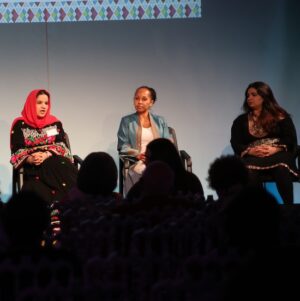
After the fall of Afghanistan to the Taliban in August 2021, the operations of the organization were severely impacted in Afghanistan.
Najia Nasim: The organization started in the US in 2003 and in Afghanistan in 2007. WAW’s operation in Afghanistan was quite large because the needs were greater there. In the US, the organization opened its first office in New York City and years later in 2022, when thousands of Afghans were evacuated to the US, the organization opened its second office in the State of Virginia. The organization doesn’t work in Canada.
After the fall of Afghanistan to the Taliban in August 2021, the operations of the organization were severely impacted in Afghanistan. Before that, we provided legal and counselling services to women who were survivors or at risk of domestic violence, in addition to running women’s shelters and family-guidance centres.
But after August 2021, the Taliban forced the organization to shut down the women-protection centres, women’s shelters and legal services provided to women. They also removed the Ministry of Women’s Affairs and created the Ministry of Vice and Virtue instead. With all these restrictions, we redesigned projects to remain in Afghanistan and provide services to the community.
Q: How did you end up in Ottawa doing graduate studies in Economics at Carleton University?
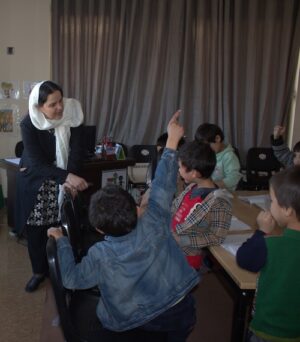 Najia Nasim: After 2021, a number of countries offered emergency evacuation for human rights defenders, especially for those, like me, whose life was at a high risk. I ended up in Canada through an evacuation process. Leaving wasn’t an easy process. The psychological effects will take years to heal.
Najia Nasim: After 2021, a number of countries offered emergency evacuation for human rights defenders, especially for those, like me, whose life was at a high risk. I ended up in Canada through an evacuation process. Leaving wasn’t an easy process. The psychological effects will take years to heal.
I did a Bachelor of Business Administration (majoring in Economics and Accounting) and a Master of Applied Leadership and Management, both in the US. I chose a Master in Economics at Carleton because I want to further improve my research and analytical skills based on numbers and data. Through strong research and analytical skills, I can better design projects that respond effectively to issues or problems in communities.
I experienced immigration twice in my life. When I was very young, my family and I had to leave Afghanistan in 1992, because of internal wars, and we lived in Pakistan for 13 years. We returned to Afghanistan in 2005, with the hope that the war was over and we’d never have to leave our country again. Sixteen 16 years later, for the second time, we had to leave our families, our friends, our people, our houses, everything.
Q: What can our sector do better for Afghan women and girls?
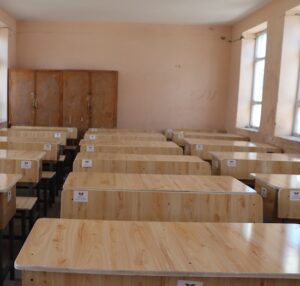
“In Afghanistan, women no longer have access to their basic rights. They can’t go to school after grade six and they can’t get an education, which is a key element of growth in a country.” –Najia Nasim
Najia Nasim: In Afghanistan, women no longer have access to their basic rights. They can’t go to school after grade six and they can’t get an education, which is a key element of growth in a country – and women aren’t allowed to work in many government and nongovernmental entities. Women are systematically removed from society. Such things are hard to imagine in the 21st century.
I would call on all international and Canadian organizations, especially those whose mission relates to women, to continue raising their voices in support of Afghan women. Collective action accelerates changes we need in Afghanistan.
While I appreciate the timely and quality services of many of the nonprofit organizations in Canada that provide services to newcomers, I recommend stronger coordination among organizations within Canada in raising awareness of the services they provide for the Afghan community, especially for people who end up as refugees or newcomers here. I’ve met many newcomers who weren’t aware of organizations’ names and services related to renting a house, finding a job, continuing their education, helping with language and helping with childcare.
Q: What does the future hold for you?
Najia Nasim: I have spent most of my working years with nonprofit organizations – for the past 20 years. Working with people, and improving their lives, particularly women and girls, is my passion, and that work defines me. With the experience I have, I want to design and implement projects that have long-term impacts on people’s lives — and help them to pursue their dreams. I’m an optimistic person and will never give up on dreams of doing something big for people.
Photos are courtesy of Women for Afghan Women and Najia Nasim.
Sign up for PANL Perspectives, MPNL’s free newsletter.
Monday, November 18, 2024 in General
Share: Twitter, Facebook
